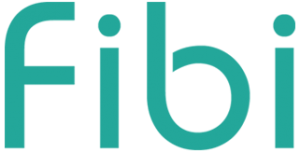Since embarking on this journey with Polus and the transition from our manual processes to Fibi, we have noted improvements in our internal routing and review process, including the timeliness of approvals, and have a better idea of the volume of submissions, which has allowed us to balance the workloads of our team. The truest testament, however, to Fibi’s strength as a grant management system, was proven when the world shut down because of the pandemic and how easily our grant-related activities transitioned from onsite to remote from home without any pause in our ability to support our researchers or their submissions.
Since embarking on this journey with Polus and the transition from our manual processes to Fibi, we have noted improvements in our internal routing and review process, including the timeliness of approvals, and have a better idea of the volume of submissions, which has allowed us to balance the workloads of our team. The truest testament, however, to Fibi’s strength as a grant management system, was proven when the world shut down because of the pandemic and how easily our grant-related activities transitioned from onsite to remote from home without any pause in our ability to support our researchers or their submissions.
Since embarking on this journey with Polus and the transition from our manual processes to Fibi, we have noted improvements in our internal routing and review process, including the timeliness of approvals, and have a better idea of the volume of submissions, which has allowed us to balance the workloads of our team. The truest testament, however, to Fibi’s strength as a grant management system, was proven when the world shut down because of the pandemic and how easily our grant-related activities transitioned from onsite to remote from home without any pause in our ability to support our researchers or their submissions.

